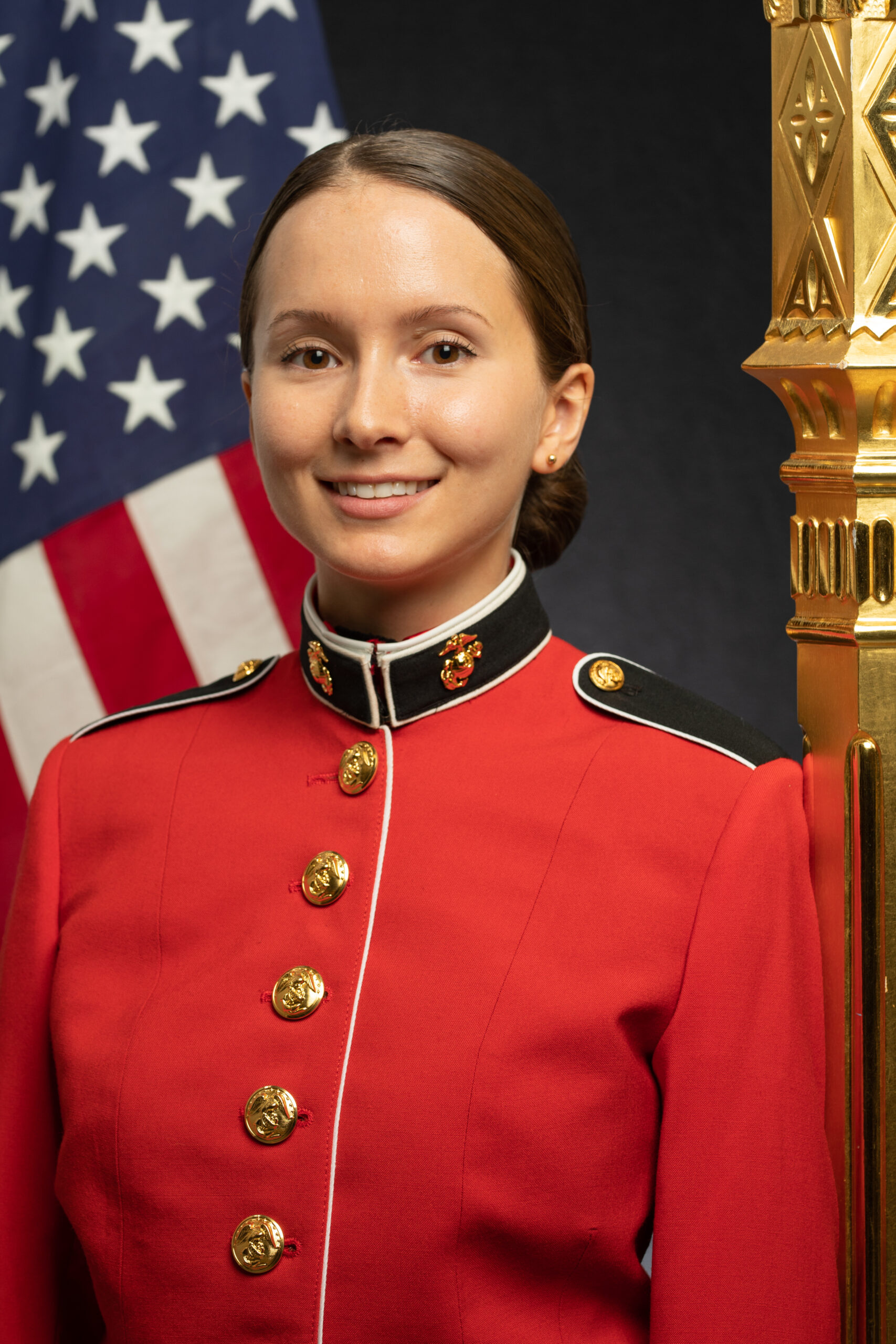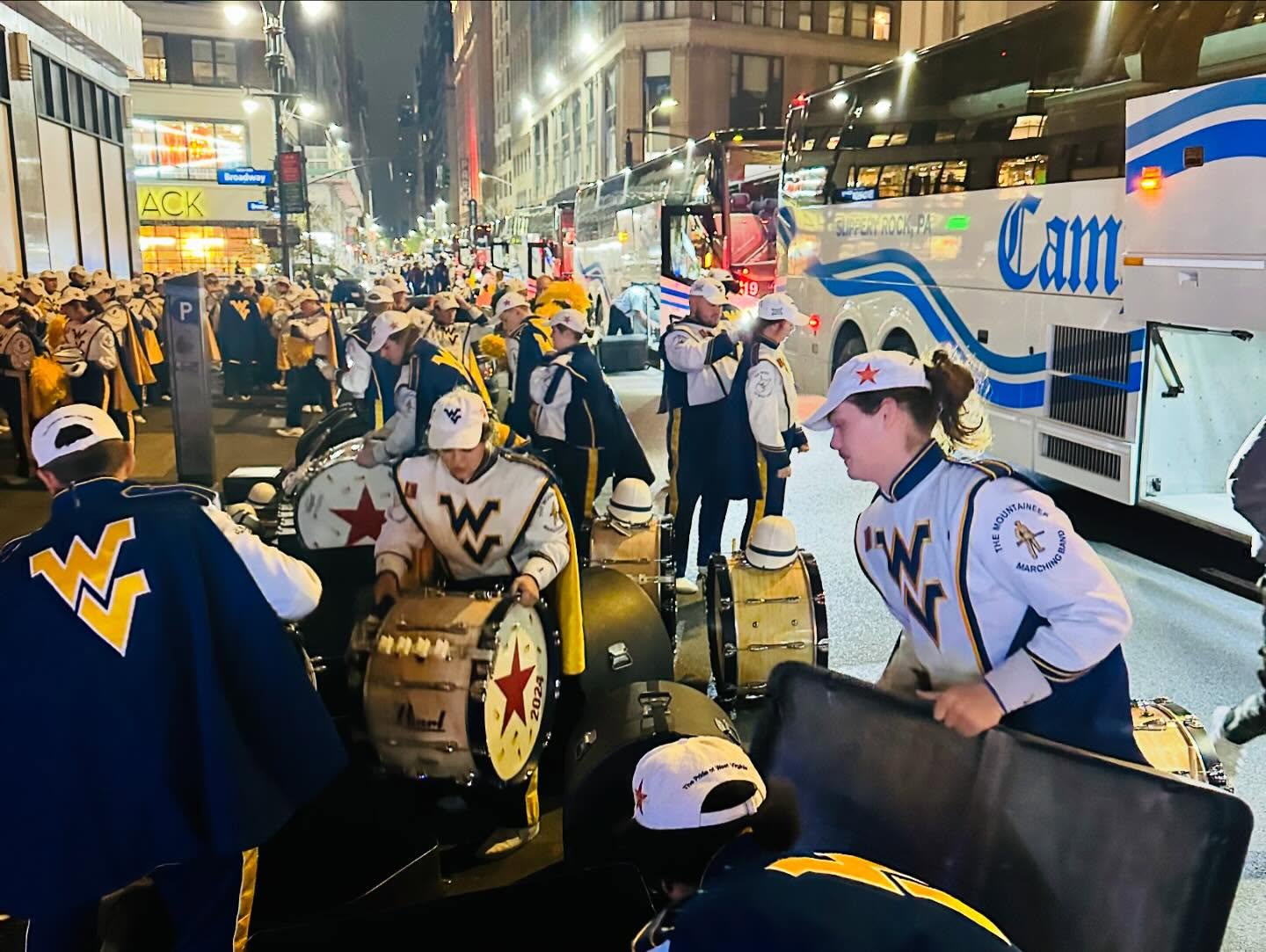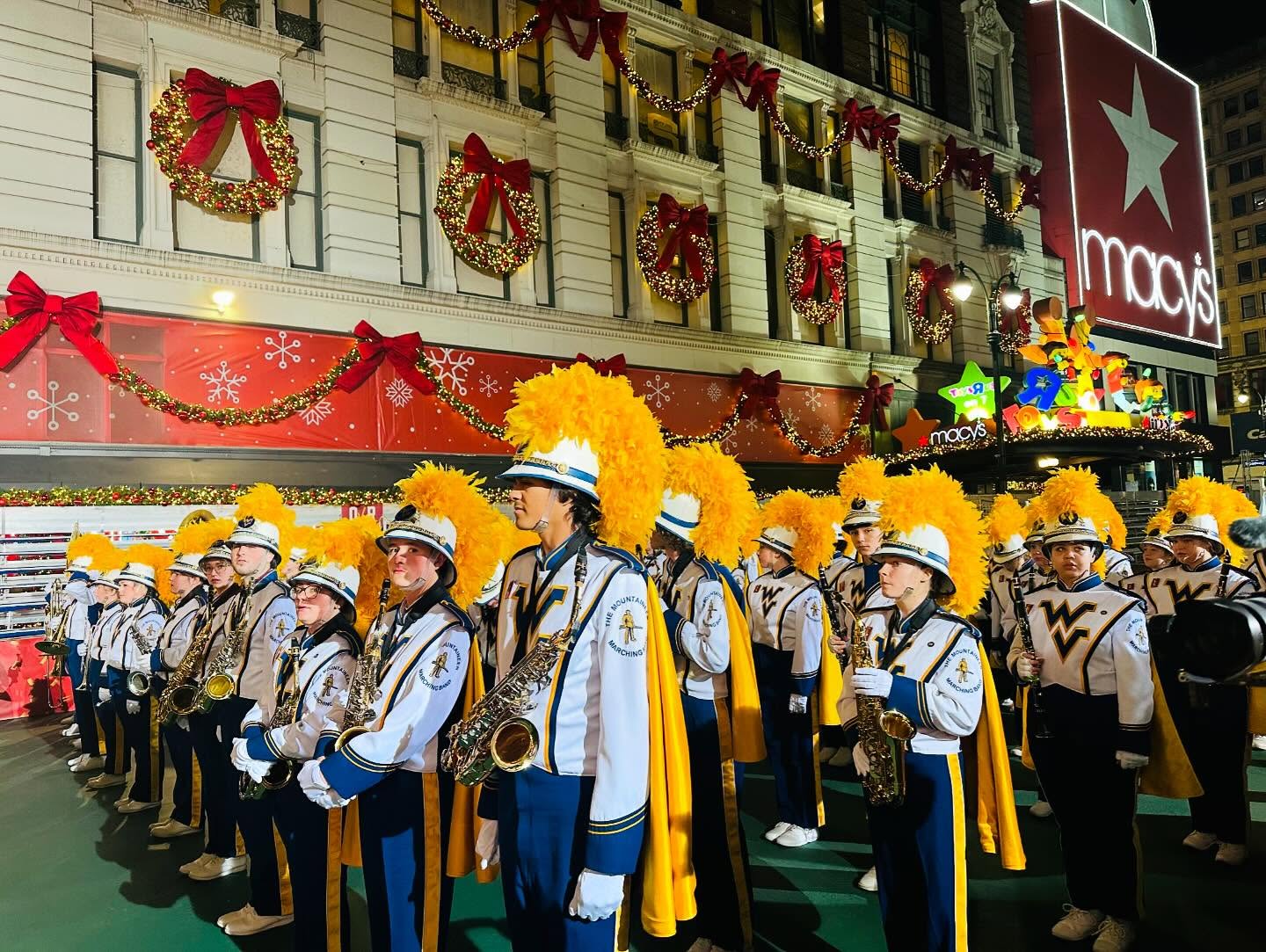 By Deke Sharon, Ben Spalding, and Brody McDonald
By Deke Sharon, Ben Spalding, and Brody McDonald
Editor’s Note: What does it take to put together a spectacular a cappella vocal group? What are the must-have, key ingredients that make up the best vocal groups, what are their skill sets, and what are the things you don’t need to assemble a great a cappella vocal group? Choral Director presents this excerpt from the newly released book A Cappella by Deke Sharon, Ben Spalding, and Brody McDonald detailing answers to these questions and more!
We recently received a note from someone wanting to take his region to the next level. He’s got multiple a cappella festivals, a harmony sweepstakes, and ICCAs, but knows that a city’s reputation starts and ends with its local groups.
So, this got us thinking: what elements are needed, and which things don’t matter quite as much? (Note: this is not for all a cappella groups, but rather those that have a chance of blowing up in today’s media.)
Needed: Soloist
Yes, everyone in your group must be able to sing well, but not all of them need to be amazing soloists. What do we mean by “amazing soloist?” A lead voice so compelling you would buy this person’s solo album: Jeremy Lister, Scott Hoying, Margareta Bengtson/Jalkeus, Jerry Lawson. The group can share solos, but you need at least one person whose voice is world class.
Not Needed: Similar Voices
You’ll have an easier time building a blend if you create a group around similar voices, but it’s definitely not necessary. You can be Take 6 or you can be Straight No Chaser. Both are winning formulas.
Needed: Great Bass
After the soloist, the second loudest element in all popular music is the bass. That’s how it should be in your group’s mix as well, and that voice should be as low and as powerful as possible. The octave pedal can work, but if your group name isn’t a palindrome (hello, Sonos/Arora!), we don’t like your chances.
Not Needed: Great Vocal Percussionist
Not every contemporary group features vocal percussion. If you’ve got one, great. If that’s not part of your sound, not a deal-breaker.
Needed: Original Music
Your ensemble will likely have more success with cover tunes than original tunes early on, but eventually having music that you’re known for will become essential to keep you from simply being a cover band in the eyes of the public. Note that this isn’t always an original song, but it can be: Straight No Chaser has found success with both “The Christmas Can Can” (old music, new lyrics, new concept), and “Who Stole The Egg Nog” (entirely new). An original arrangement can serve this purpose, but it has to be as arresting and memorable as, say, the remake of “Mad World.”
Not Needed: Original Concept
Yes, it’s excellent if your group has a new sound or approach, but we have to admit, there are plenty of bios boasting a sound and style unheard ever before in a cappella, and most fall short. Don’t tell the world you’re different. Show them. Don’t focus on being amazingly different. Just be amazing. Not convinced? Nothing about Pentatonix on paper looks much different from many other groups. There’s no huge fundamental concept behind it all, but the way they do what they do has indeed become revolutionary, and inspired millions.
Needed: Time Together
Lots of time. Ideally everyone lives in the same city and sings together every day for a year. Especially in the beginning. Build rapport, build a sound, build a character. You can make great recordings from a distance, but you’re probably not going to have a great live sound until you’re just a little bit sick of each other.
Not Needed: Veterans
Almost all of the biggest names in professional a cappella currently had nothing more than some high school and/or college a cappella experience when they started.
Needed: Momentum
It might be a viral video, an appearance on a television show, going on tour with a big artist, a six-month cruise ship gig, theme park gig, college tour— something to keep the group together and move you forward. It’s partially about common experience, partially about time together, partially about building success.
Not Needed: All The Answers
You might not exactly know what style your group should adopt or what songs you should focus primarily on. Don’t worry about having all of the answers early on. Instead, focus on answering the questions you can, and using the successes you have to help you answer the open questions as they become more clear.
The fact is, there is no one perfect formula, one easy path to success or excellence, especially in a market as diverse and as niche as a cappella. We’re sure there are exceptions to the points above, and we could probably come up with some of our own with a few minutes—but the larger point We’re trying to make is that you don’t need everything to make a great group. You only need some things. And you probably already have some if not many of those things.
So what remains is the ability to focus and spend the time you have together building quality and momentum in ways that matter.
How are you supposed to know what matters? Oh, that’s easy: get some outside perspective. Ask the experts. They’re sitting by the phone, and Facebook, waiting for you to call!
Auditions
The audition itself should reflect the nature of the group you want to form and should include both elements of professionalism and enjoyable moments of camaraderie.
Before the audition itself, have the auditionee fill out a form including current contact information, relevant experience, and anything else you want to know. It also may help if the person brings a picture and/or resume. This is especially appropriate for professional groups.
There are many things you should make sure you cover during an audition:
Warm-ups: Although most singers will warm themselves up prior to an audition, warm-ups can be used as a way to learn about an auditionee’s voice in a stress-free environment. Generally, if an auditionee is nervous, it will be at the beginning of the audition.
Solo: Make sure each person has prepared a solo in advance of the audition. It should be something they know and preferably something that fits the style/potential repertoire of your group. In other words, no art songs for a doo-wop group audition. Have the person sing the song by themselves a cappella (no instrumental accompaniment CD and no other singer). Make sure the singer knows about this in advance, as this isn’t easy for some. Hearing a person’s naked voice is more telling than any other element of the audition. You’ll hear vocal quality, interpretation, tuning, rhythm, dynamics and emotion—all in that single performance. Make sure to encourage the auditionee to truly perform the song for you, otherwise you may get all vocal precision and no spark. Occasionally you’ll come across an excellent background singer who isn’t a dynamic solo singer. This is okay as long as you have other great soloists in your lineup.
Vocal Ability, Tuning, and Precision: A cappella is demanding. You need to know your singers can sing complex passages in tune without being thrown off by other singers. Some good tests are:
- Play complex pitch patterns/intervals and have the auditionee sing them back to you—to check their pitch memory.
- Perform/play difficult rhythms and have the audition repeat them—to check their rhythmic sense.
How Good is Their “Ear?”
Some singers can sing patterns or intervals back to you, but lack the ear to effectively harmonize. This is very important in a cappella singing and should be tested. Some good tests are:
Play three notes consecutively on a keyboard and have the auditionee sing the middle note back to you. Start with simple chords and work your way to more complex combinations of notes.
Hold three keys down indefinitely and have the auditionee sing the middle one to you.
You’ll also get an idea for their ear as they learn songs with you. Be wary of singers who drift from their part to similar parts a third or fourth away.
Sight-Reading It is important that you get a sense for how a singer learns music. Once your group is up and running, you’ll set target dates for learning songs. Those who can’t read music are forever dependent on external help: a recording, a friend playing the part, someone else singing the part. Those who can read music will have an easier time preparing on their own, and that’s valuable.
Blending Test In an a cappella group, it very important that the singers are able to match each other. Because a cappella groups make a wide variety of sounds (from harmonizing with the melody to making guitar or trumpet noises), singers must prove they are able to listen, analyze, adjust, and mimic.
- Listen—listen to other singers on the same part, listen to a given vocal model, listen to the rhythm section.
- Analyze—take what is heard and determine how that model sound is produced.
- Adjust—take steps to make their voice match the model.
- Mimic—produce sounds that match the model/other singers in the section.
One way to check a singer’s ability to blend is to give them a “model” song in advance. Pick one song for each voice part (soprano, alto, tenor, bass). Have the auditionee come prepared to sing that song to you exactly as it was performed on the recording, down to every slide, every breath, every nuance in the vocal line. A singer who can copy a vocal model is a singer who can blend.
One important caveat with the blending test or any other time you’re singing with the auditionee: make sure the existing group members (or your volunteer singers) know their parts and can sing the audition pieces well. It is important to have a constant, quality product against which you can measure the different auditionees. Also, you don’t want to give the auditionee an escape hatch: “I was doing fine until that tenor came in early. That really messed me up!”
Other Requirements
Some groups have specific requirements beyond singing. These could include movement, acting, or even playing instruments. If you have such requirements, you may need to customize your audition process. Make sure that the audition is structured to look for the all the qualities you require in a member. Don’t hesitate to come up with some unique tests (choreography, acting, etc.), if your group is going to demand specific non-singing skills.
After You Have the Group Selected: Fun
Never forget to have fun. No matter how hard you work, how much you achieve, or how far you feel you have to go, you have to have fun! In fact, some groups (high school, college, or semi-professional) exist primarily just to have a good time and share their love of music with others. These groups, although not as polished as their professional counterparts, often leave the audience with a comparably wonderful feeling and equally large smile on their faces.
Celebrate your achievements and successes. Enjoy each other’s company. Share your music with those less fortunate than you. A cappella music has a strange, ineffable ability to strike a deep chord within people (those who sing as well as those who listen). Never forget the power of music to lift the human spirit.
Excerpted from A Cappella, by Deke Sharon, Ben Spalding, and Brody McDonald. Published by Alfred Music, used by permission.












 Yamaha recently announced a new partnership with Playground Sessions, the award-winning interactive keyboard software co-created by music legend Quincy Jones. The companies’ partnership demonstrates a shared desire to increase access to high-quality and engaging music education for aspiring pianists in the U.S.
Yamaha recently announced a new partnership with Playground Sessions, the award-winning interactive keyboard software co-created by music legend Quincy Jones. The companies’ partnership demonstrates a shared desire to increase access to high-quality and engaging music education for aspiring pianists in the U.S.









